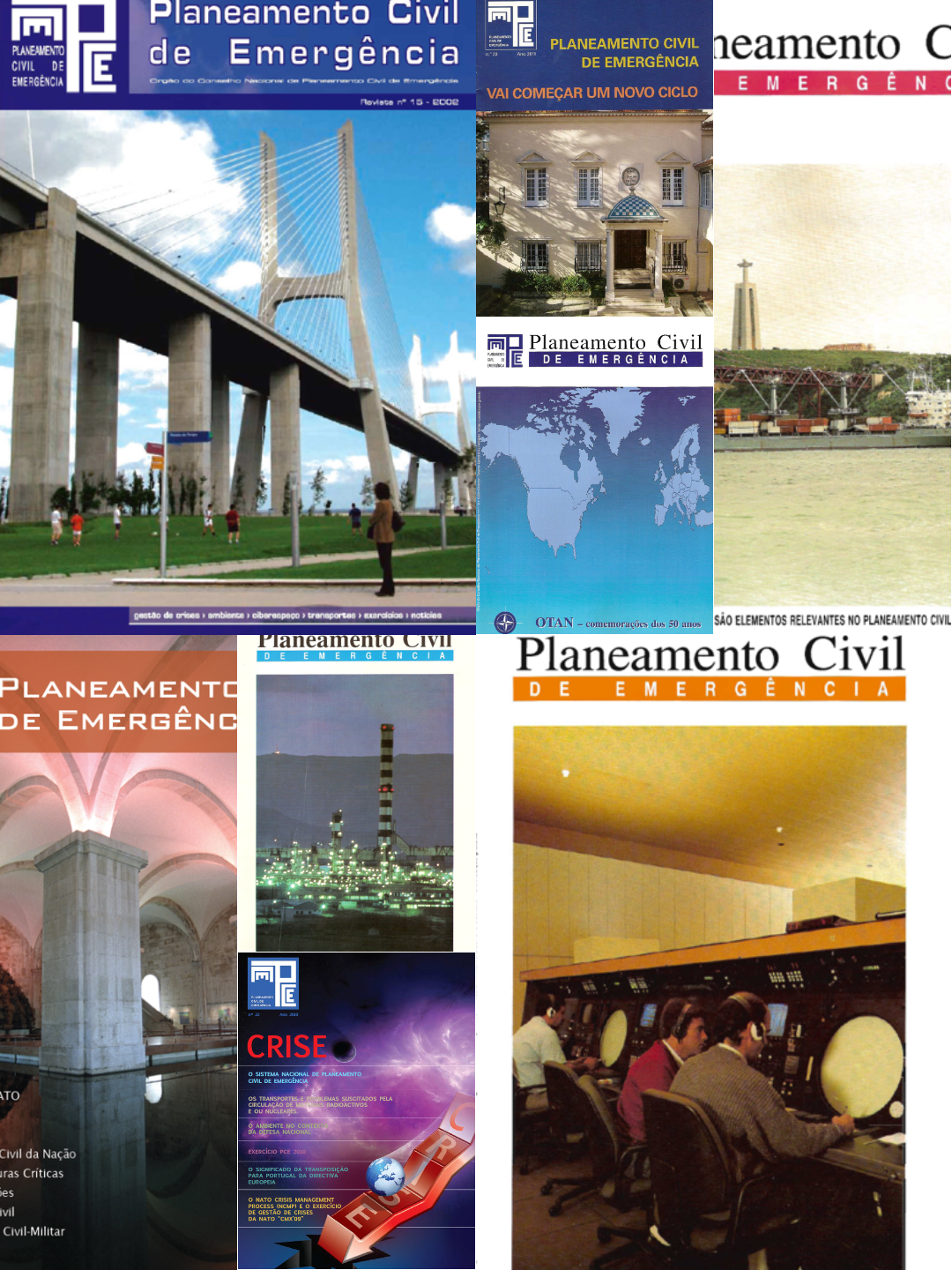
Background
The concept of PCE originated within NATO during the Cold War. Broadly speaking, it involved the collection, analysis and sharing of information to ensure the effective use of civilian capabilities and resources in support of military structures, with the aim of achieving the Alliance's objectives.
This evolved into the definition of specific areas of action, including support for collective defence and crisis management operations, assistance to national authorities in emergency management, protection against weapons of mass destruction, and cooperation with partner countries in emergency preparedness and response.
In Portugal, the CNPCE was established in 1984 and operates under the authority of the Prime Minister.
Subsequently, in 1991, the National Civil Emergency Planning System was legally established, incorporating the CNPCE and Emergency Planning Committees (CPE) from various sectors.
In Portugal, civil emergency planning was understood as the activity aimed at coordinating the non-military components and capabilities of national defence and providing civil support to the armed forces, as well as organising and preparing the nation's various strategic sectors to deal with crisis or war situations.
Previous legislation
Decree-Law No. 279/84 of 13 August
Creates the National Council for Civil Emergency Planning (CNPCE)
Decree-Law No. 153/91 of 29 March
Repealed Decree-Law No. 279/84 of 13 August.
It also approves the reorganisation of the National Council (CNPCE) and sectoral committees.
Decree-Law No. 126-A/2011 of 29 December
Approves the structure of the Presidency of the Council of Ministers.
Integrates the powers of the CNPCE into the National Civil Protection Authority (ANPC).
Decree-Law No. 73/2012 of 29 March
Repeals Decree-Law No. 153/91 of 29 March.
Amends Decree-Law No. 75/2007 of 29 March, which approves the ANPC's organisational structure and establishes its powers.

